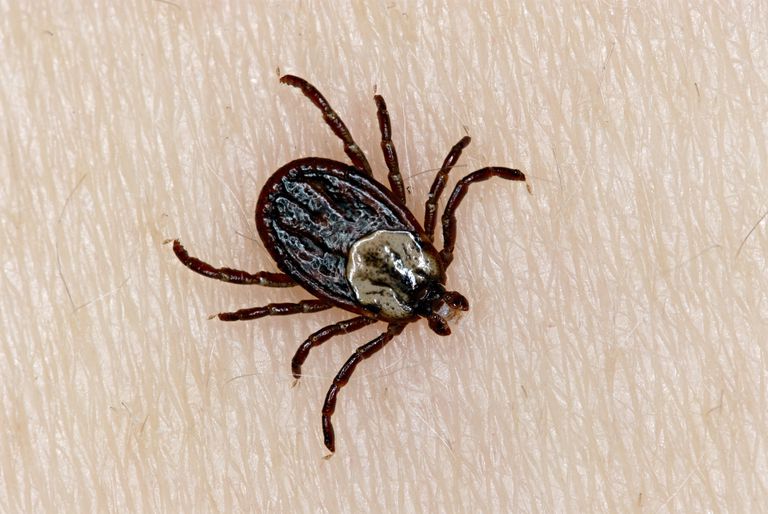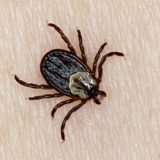Ticks and Fall Weather: We’re Not Out of the Woods Yet!


As the days grow shorter and the nights colder, many people think the tick season is behind them for another year. Unfortunately, the blacklegged or “deer” ticks remain active as long as the temperature is above freezing and the ground is not frozen or covered with snow.
It takes 36-48 hours for a deer tick to transmit Lyme disease to its host. That means that the best prevention for Lyme disease is a thorough tick check when you come in after spending time outside. Antibiotics are generally not needed for ticks that are removed within 24 hours. However, if you find an engorged deer tick that has been there for longer than 24 hours, your Primary Care Provider will likely give you a dose of preventative medication to reduce your risk of developing Lyme disease.
Thomas Chittenden Health Center has appointments for acute visits every day of the week, including Saturday and Sunday morning! If you are concerned about any potential tick-borne illness or exposure, call for an appointment or to speak with your health care provider today.
Check out the links below for more information on tick-borne diseases, tick bite prevention and treatment.
Online Resources
For information on preventing tick bites:
https://www.cdc.gov/ticks/avoid/on_people.html
For instructions on tick removal:
https://www.cdc.gov/ticks/pdfs/FS_TickBite.pdf
For tick borne disease symptoms, including Lyme disease:
https://www.cdc.gov/ticks/symptoms.html






